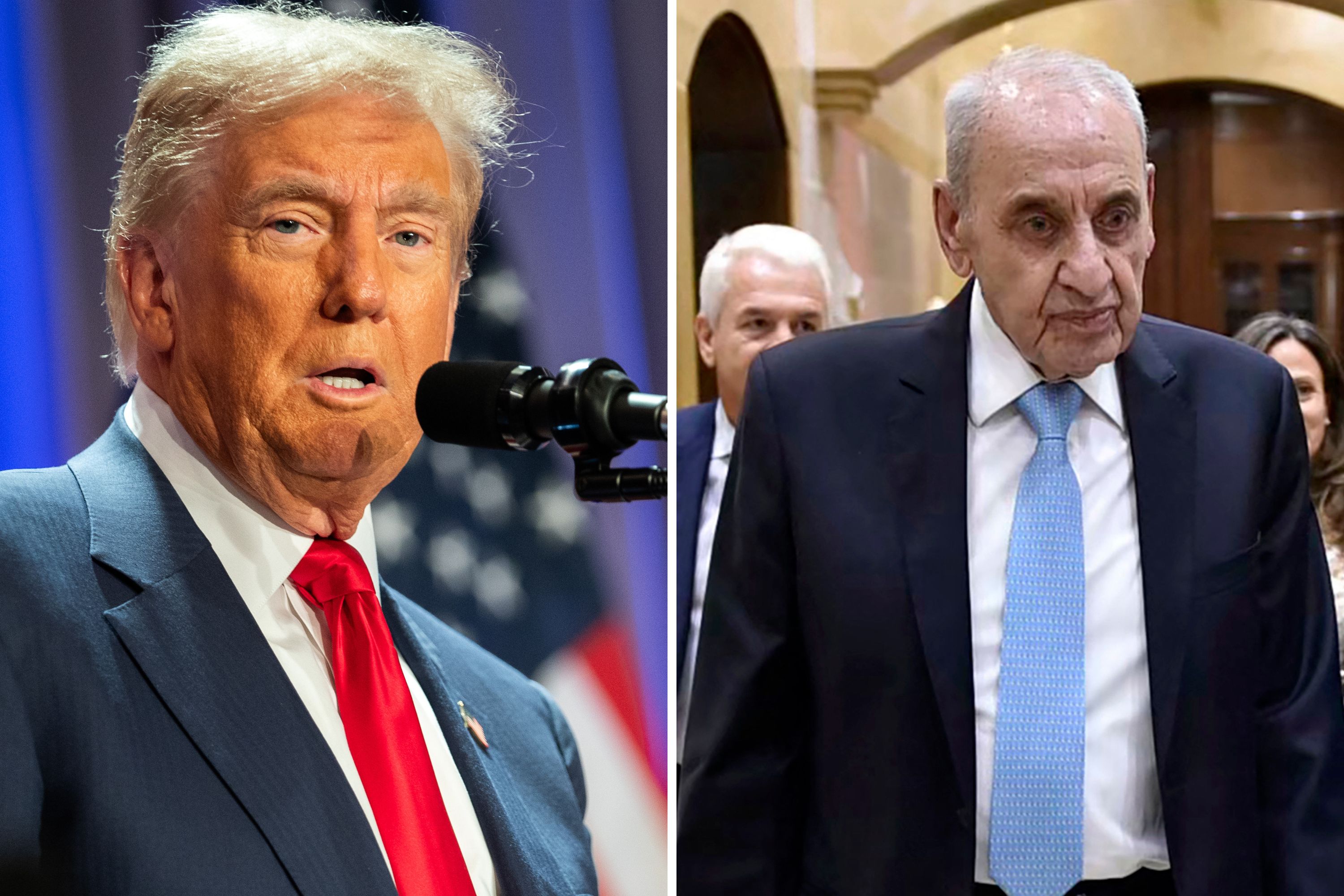(image credit: Wikimedia)
A ceasefire that ends Israel's indiscriminate bombing of Lebanon is welcomed and long overdue. However, it remains unclear whether this deal actually will work, given that the agreement gives Israel 60 days to withdraw. As long as Israeli forces remain on Lebanese soil, the risk of the conflict reigniting — deliberately or inadvertently — will remain significant.
Had the Biden administration exercised its leverage and prioritized U.S. interests, this conflict would never have reached this level to begin with. And ironically, though the deal was struck by Biden's team, the parties in the conflict appear to have agreed to it mainly with an eye to Donald Trump's expressed desire to see the fighting end before he takes office in January.
Contrary to Biden’s spin at the press conference today, the agreement text appears more balanced. Both Israel and Hezbollah agree not to take any offensive actions against each other, while recognizing both Israel and Lebanon’s right to continue to use force in self-defense.
It puts the Lebanese government — which includes Hezbollah — in charge of supervising and controlling any sale, supply and production of weapons or weapons-related materials.
The agreement also established a committee “acceptable to Israel and Lebanon” to monitor and assist in ensuring the implementation of the deal.
Read the full article on The Responsible Statecraft





